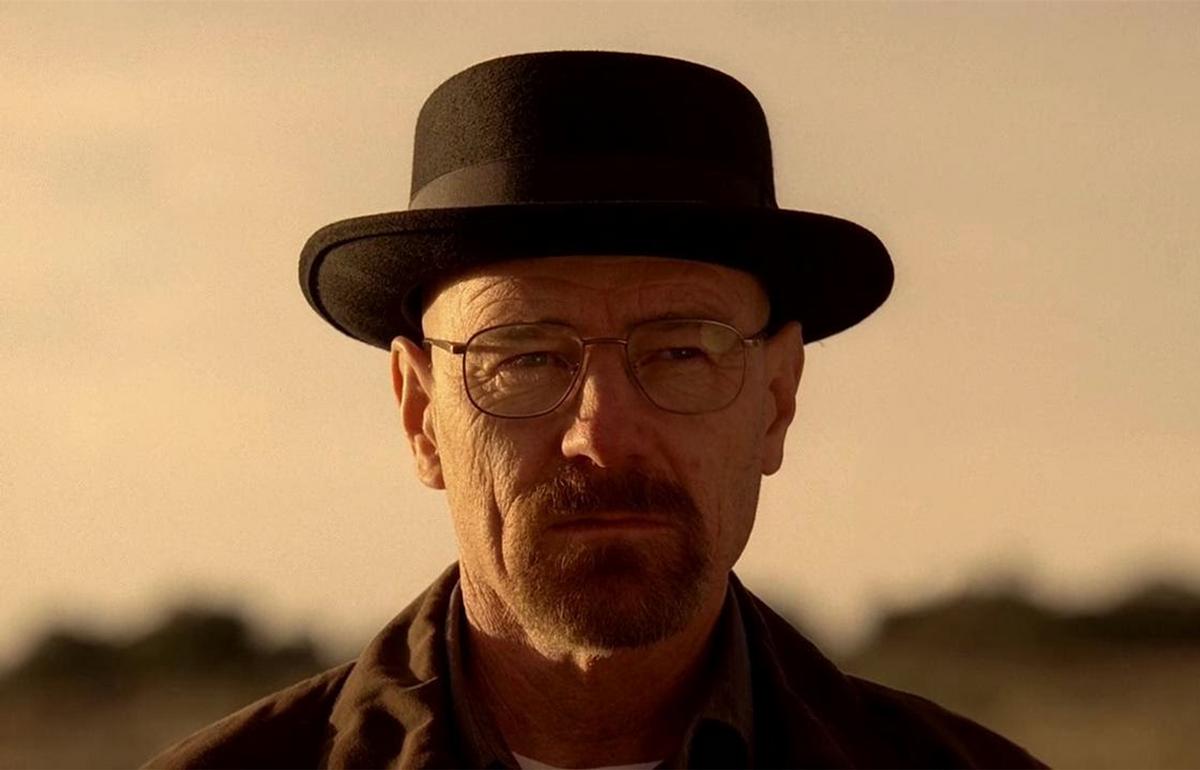
(contains "Breaking Bad" spoilers)
In the past decade of television that many call “the new golden age,” one character type that seems to have been the most popular is the anti-hero. Tony Soprano, Walter White and Frances Underwood to name a few, served the subject of moral and philosophical conversations at many a social gathering I have attended. These men are inarguably evil. They murder, lie, steal and bribe in episode after episode, yet come across as strangely relatable. How can we relate to these characters who do things, which, if they made the headlines of the local paper, would deeply disturb and disgust us? These shows hold up humanity’s fallen nature like a mirror, showing just how evil people are capable of becoming should the right circumstances arise.
Breaking Bad took this notion to perhaps its most potent level. We see a middle-aged high school chemistry teacher wearing khakis and dress shirts transform into a ruthless meth kingpin. We see him go from a loving father and husband to a heartless, bloodthirsty and greedy animal, willing to go to any length to make more of a profit. In the case of Walter White, the tipping point was his lung cancer. This circumstance provided the springboard from which he launched into his depravity. As the story progresses, White descends deeper and deeper into his fallen nature. While many Christians might find this premise reprehensible, I find this an invaluable subject for Christians to ponder.
We often talk about depravity, but we forget that before Christ saved us, we were deeply depraved individuals, capable of the same evils committed by Walter White. We all have the capacity to wreak havoc with our thieving, murderous, self-serving and deceptive hearts. Sin has the power to take us over and destroy our lives along with the lives of those around us.
The emmy-award winning drama not only touched upon the truth of depravity. It showed the consequences of Walt’s sin explicitly. We see Walt ultimately lose everything he ever claimed to care about, namely his family. We see the lives of all those he came in contact with destroyed as he becomes a shell of the man he once was. Pride, perhaps the sin that had the strongest hold on Walter White, ultimately lead to his demise.
Sin proves even more addicting than the product cooked up by Walter White, and just like the junkies who line up to buy it, his life remains poisoned and ravaged. Breaking Bad painted some of the most vivid pictures of morality on television. In our morally bankrupt society, Breaking Bad stirred up important discussions about morality and sin, causing viewers everywhere to ask the question “What is the true meaning of evil?” Even the most dedicated relativists could not help but shudder when Walt poisoned a child.
We must not forget the true ugliness of sin and depravity. We must not reduce it to a cartoon devil in red with a pitchfork in hand. We must remember that it is in all of us. Left to our own devices, the waves of selfishness and pride toss us hopelessly, and like Walter White, it will leave our souls dead and bleeding. As believers, we have hope in someone other than ourselves. We have hope in Christ’s redemption so that we do not have to tread the same destructive path as Walter White. However, it does not hurt to have a stark reminder of what exactly Christ saved us from.







